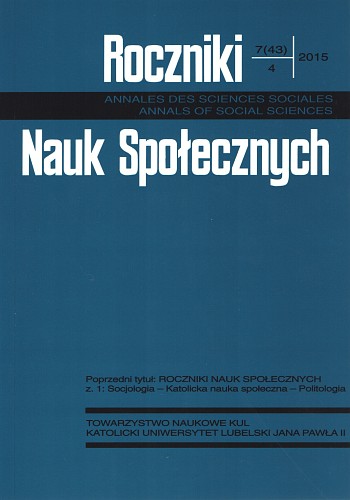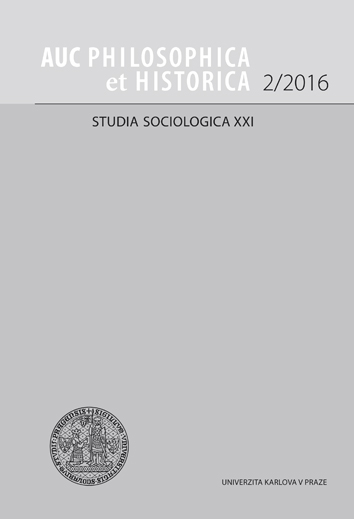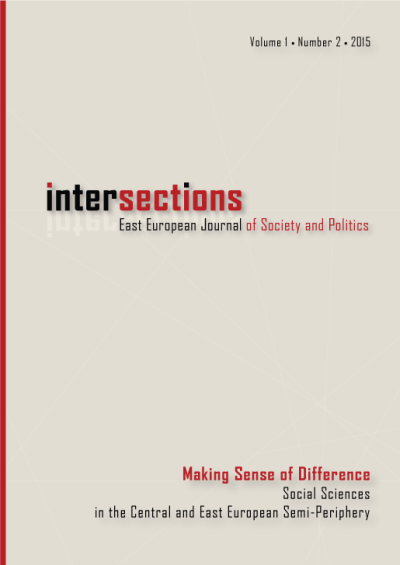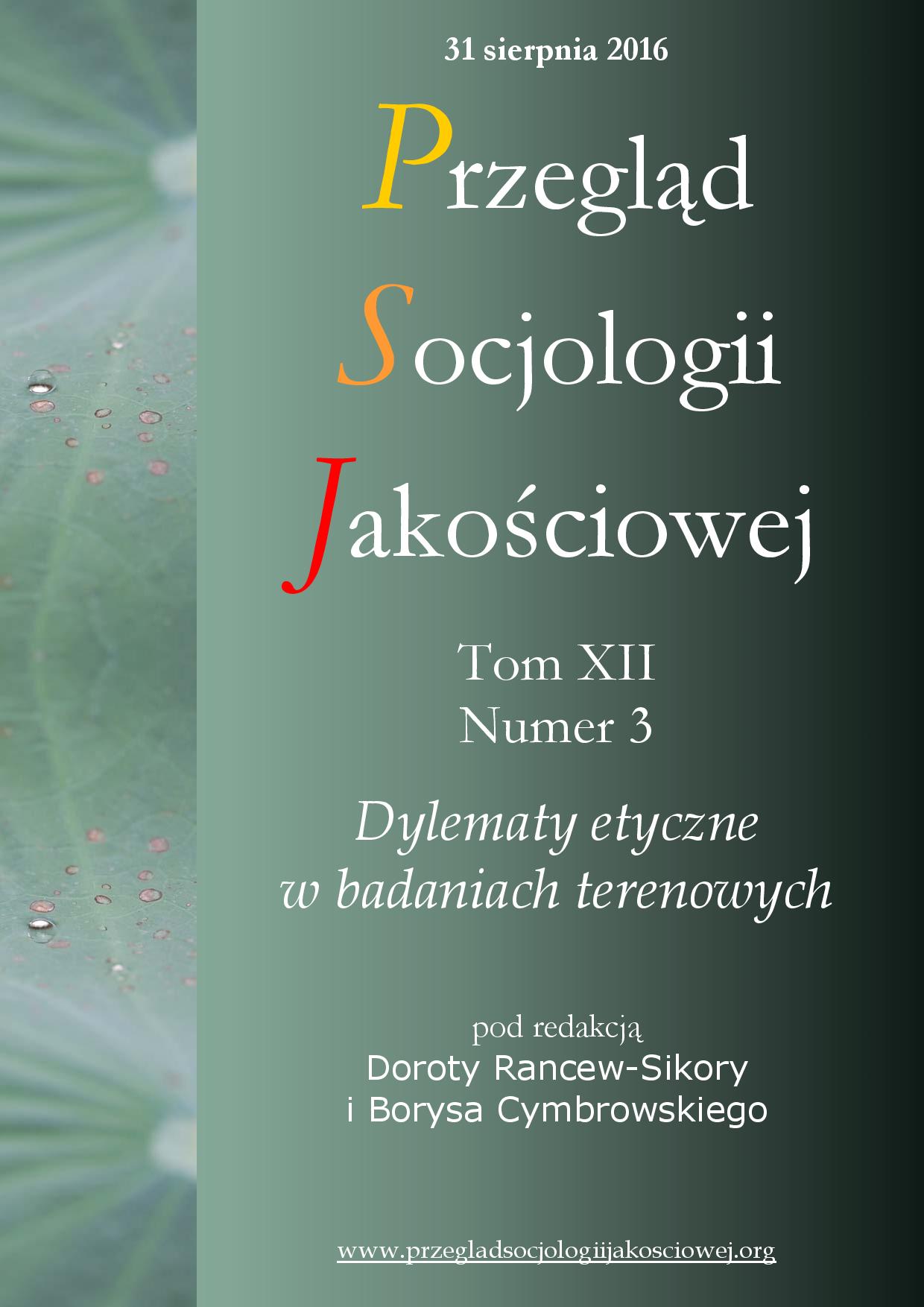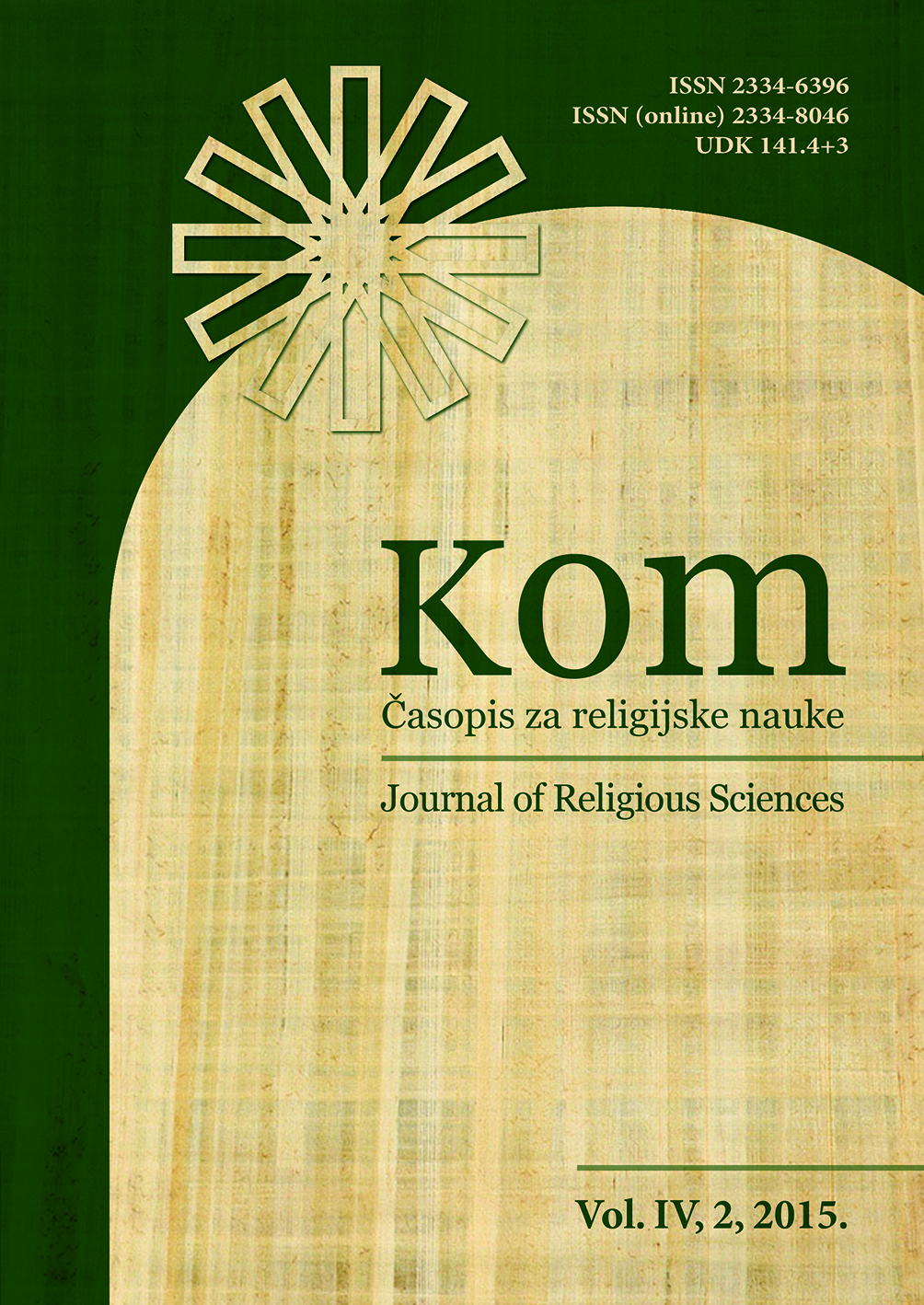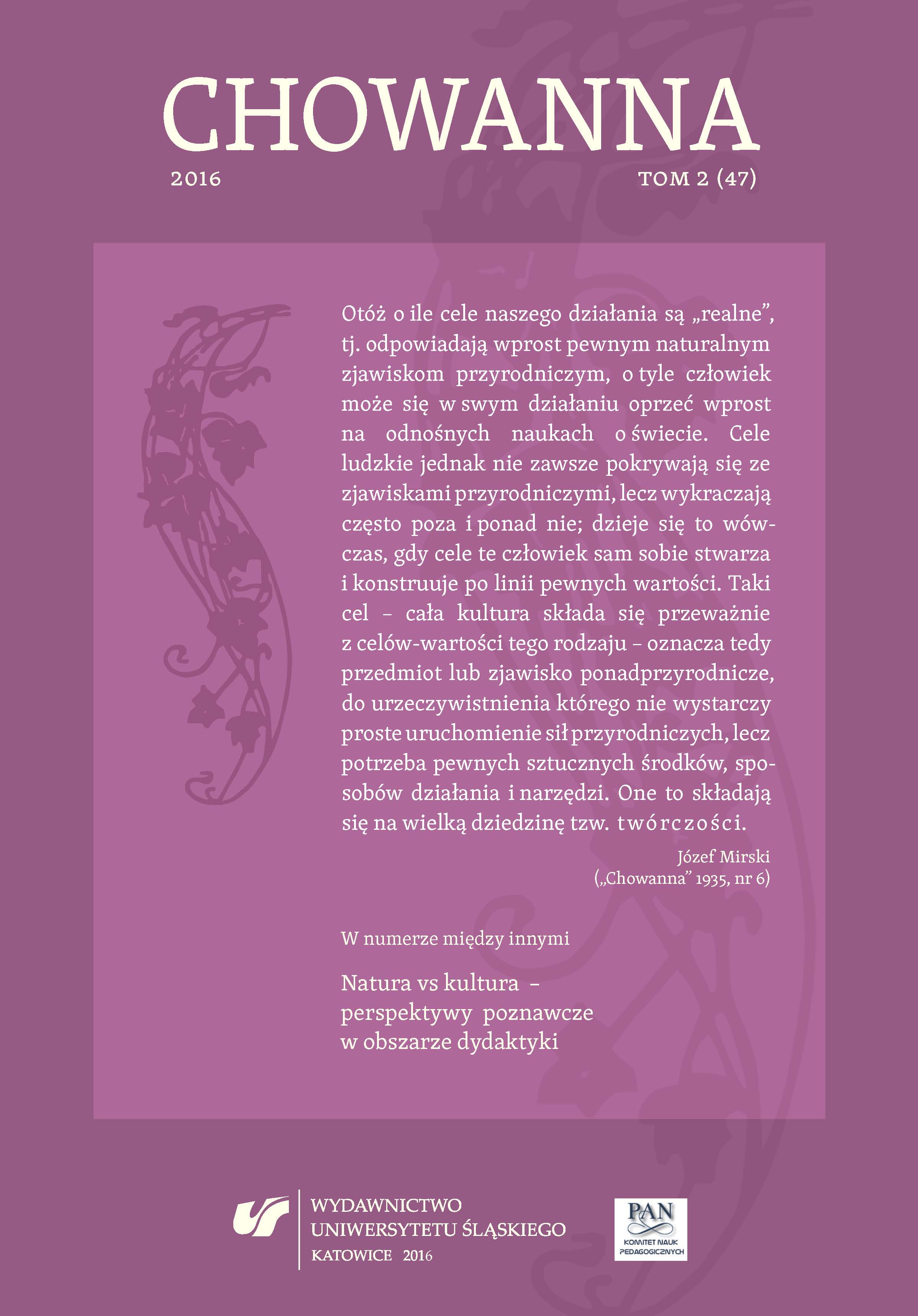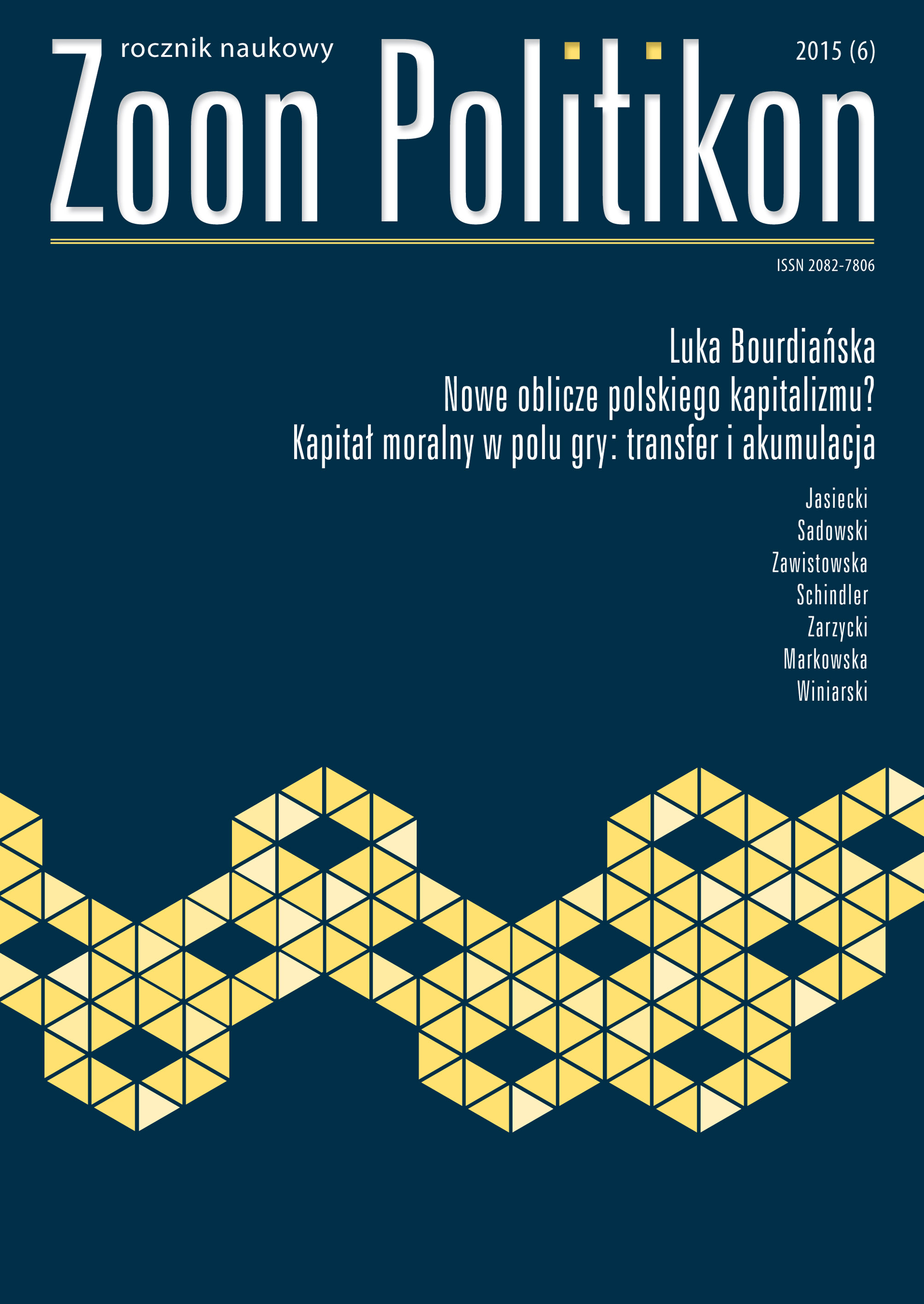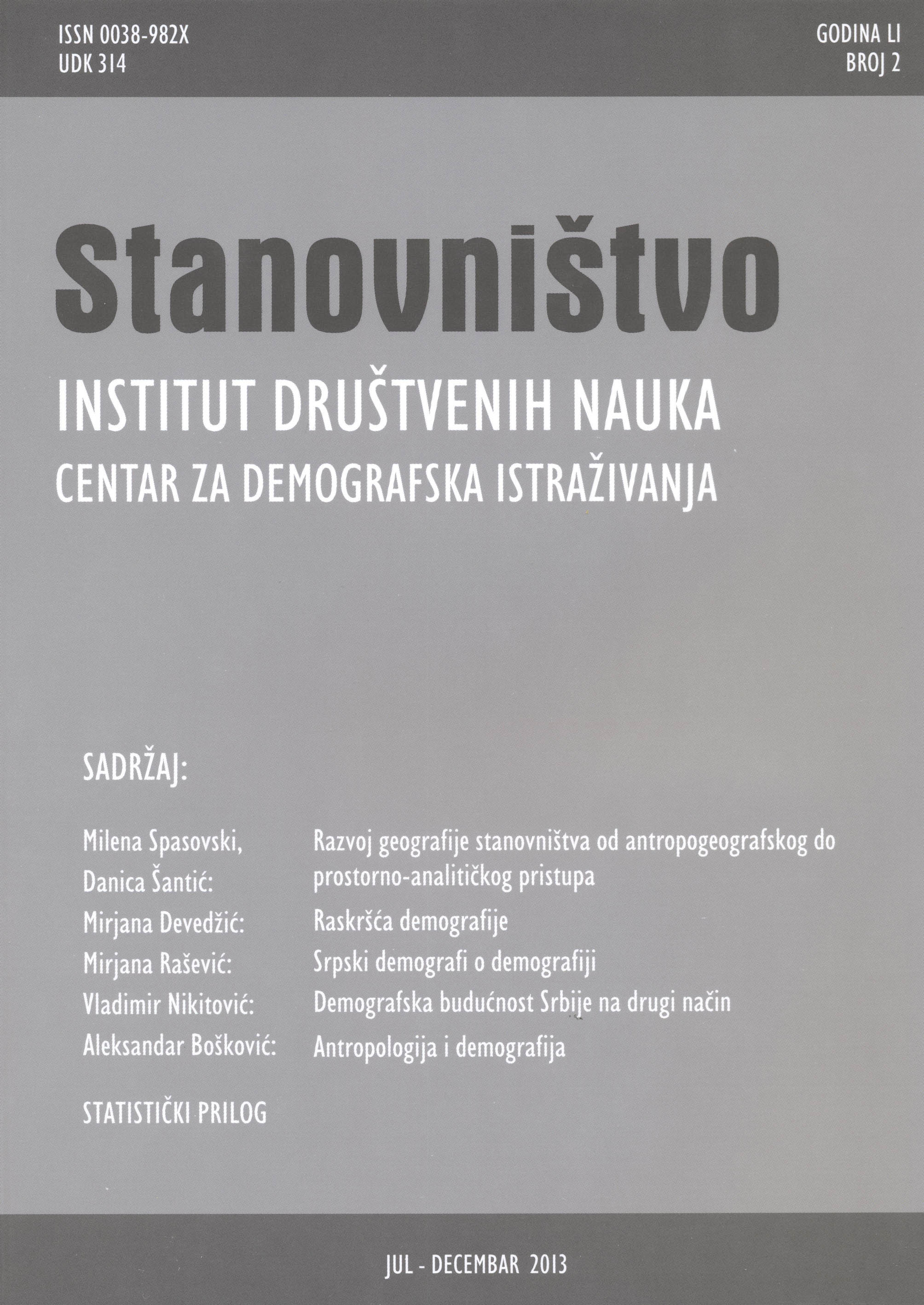Author(s): Ergin Çağman / Language(s): Turkish
Issue: 1/2016
Investigating into the reasons why capitalist mentality and activity failed to develop in the Ottoman state and society, Sabri F. Ülgener conducted interdisciplinary studies by combining various disciplines and factors such as economics, sociology, history and religion. Also referred to as “Turkish Weber”, Ülgener attempted to trace in the Ottoman society the roots of an ethical system similar to the Protestant ethics which was considered by Weber as the underlying factor explaining the birth of capitalism in Europe. Thus, he rather focused on “mentality studies”, with a comparative approach on European and Ottoman mentalities.Ülgener maintains that Sufism, as the principal factor embodying the mentality of the Ottoman society, served for centuries as the home of esnaf, commercial life, “Mediaeval mentality” and the world of Mediaeval values, transmitting them to later generations. However, with his research he also concludes that Melamiya, a Sufi movement of the time, was somehow quite similar to the Protestant ethics of Europe. He believes that, besides an esoteric (batınî) understanding of religion, the Melamis had the potential to bring about capitalistic mentality and accumulation in the Ottoman society with their capacity to distinguish between worshipping and working life as well as their solemn and disciplined way of life. Nevertheless, as he claims, this brotherhood failed to win a foothold in the state and society due their scarcity in number and activity.Recent studies revealed that the Melamiya was not only a brotherhood or disposition (meşreb), but also a mystical movement intertwined with Batiniyya (esoterism), which was in pursuit of mundane political power, which antagonized Ottoman authorities, and thus, had to operate clandestinely all the time. Due to such nature of Melamiya we unfortunately have limited information as to their economic activities in particular. Consequently, it is far from convincing to argue that they really had the potential to bring about capitalism in the Ottoman state and society.Drawing upon recent studies, the present study is intended to discuss whether the Melamiya had the capability to generate capitalistic mentality and accumulation in the Ottoman society, as claimed by Ülgener. The relationship between Sufism and economy in the Ottoman state and society still remains an area with room to explore. Further studies on the issue will certainly broaden our understanding about the Ottoman mentality and socioeconomic history.
More...
